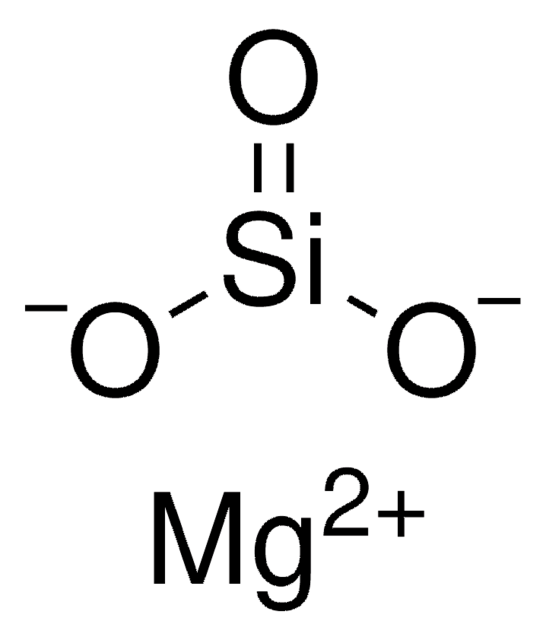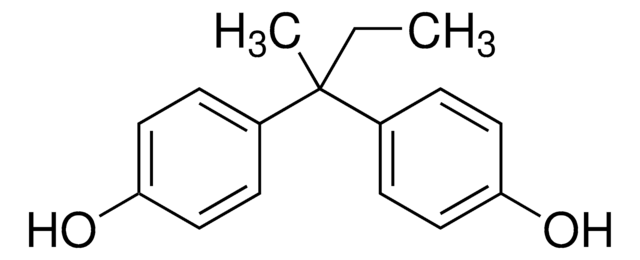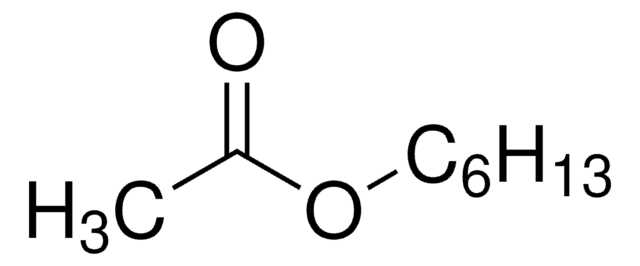MABF264
Anti-AIP1/WD repeat-containing protein 1, clone 13F10 Antibody
clone 13F10, from rat
Synonym(s):
WD repeat-containing protein 1, Actin-interacting protein 1, AIP1, AIP1/WD repeat-containing protein 1
About This Item
Recommended Products
biological source
rat
Quality Level
antibody form
purified immunoglobulin
antibody product type
primary antibodies
clone
13F10, monoclonal
species reactivity
mouse
technique(s)
western blot: suitable
isotype
IgG2bκ
NCBI accession no.
UniProt accession no.
shipped in
wet ice
target post-translational modification
unmodified
Gene Information
mouse ... Wdr1(22388)
General description
Immunogen
Application
Quality
Western Blotting Analysis: 1.0 µg/mL of this antibody detected AIP1/WD repeat-containing protein 1 in 10 µg of RAW264.7 cell lysate.
Target description
Physical form
Other Notes
Not finding the right product?
Try our Product Selector Tool.
Storage Class Code
10 - Combustible liquids
Certificates of Analysis (COA)
Search for Certificates of Analysis (COA) by entering the products Lot/Batch Number. Lot and Batch Numbers can be found on a product’s label following the words ‘Lot’ or ‘Batch’.
Already Own This Product?
Find documentation for the products that you have recently purchased in the Document Library.
Our team of scientists has experience in all areas of research including Life Science, Material Science, Chemical Synthesis, Chromatography, Analytical and many others.
Contact Technical Service



